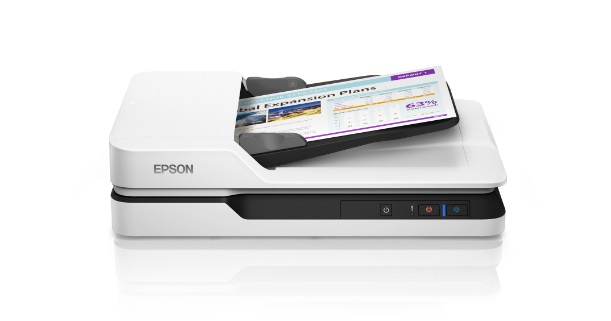Digital archiving is more than simply converting documents to digital format; it also means cleaning up workflows, establishing smart archives, and increasing efficiency and productivity in the workplace through the use of scanners.

Transitioning to smart digital archiving removes various barriers that impede productivity and organizational development within the workforce, according to international imaging and scanning technology provider Epson.
“Traditional record archiving often takes up tremendous space, leaves more room for human error – such as mislabeling, misplacing, and damaging documents – and ultimately results in downtime rather than focusing on tasks that will benefit the business,” explained Ed Bonoan, Epson Philippines general marketing manager.
“In certain businesses, this human error is tolerable. However, in certain industries such as healthcare, human error or inefficiency has dire consequences.”
Citing recent research from McKinsey & Co., Bonoan pointed out that the healthcare business is a good example of an industry that is benefiting greatly from digitalization.
Digital archiving has enabled healthcare businesses to give novel services to patients, particularly during the pandemic—from simple and efficient medical care, to telehealth and telemedicine, to cross-institutional case sharing. Digital archiving improves patients’ quality of life by ensuring that all records are easily and quickly updated.
Digital archiving has a comparable potential impact on other industries. With today’s compact scanners, businesses can cut down on storage space even while ensuring that organizations have a centralized, easy-to-access archive. Digitally storing or embedding digital documents can also help businesses retain and grow their customer base.
“Today, convenience is a top consumer and business priority, as it is a way to address administrative issues on the go. With the ability to scan documents from a mobile phone, signing documents on applications like DocuSign and the infinite storage potential of the cloud, businesses that leverage digital documentation are not restricted by the traditional brick and mortar method of traditional archiving,” Bonoan said.
“Scanning to the cloud not only makes archiving and retrieving these documents faster and more convenient, but also lowers environmental impact by reducing mailing and the need for additional paper and printing.”
As technology evolves to put customers first, companies are seeing the higher value of consolidating all customer data. Digital archives and other available technologies enable firms to have an accessible, unified repository of vetted information.
Lastly, according to Epson, the sustainability of scanning technology is an often-overlooked asset: digitally exchanging private papers reduces the requirement for mailing and couriering. This reduces the danger of losing personal data while also reducing businesses’ carbon footprint.
“For many businesses and industries, digitally archiving documents is an impactful way to increase productivity within an organization that has been traditional in their ways, while driving sustainable growth,” Bonoan concluded.




